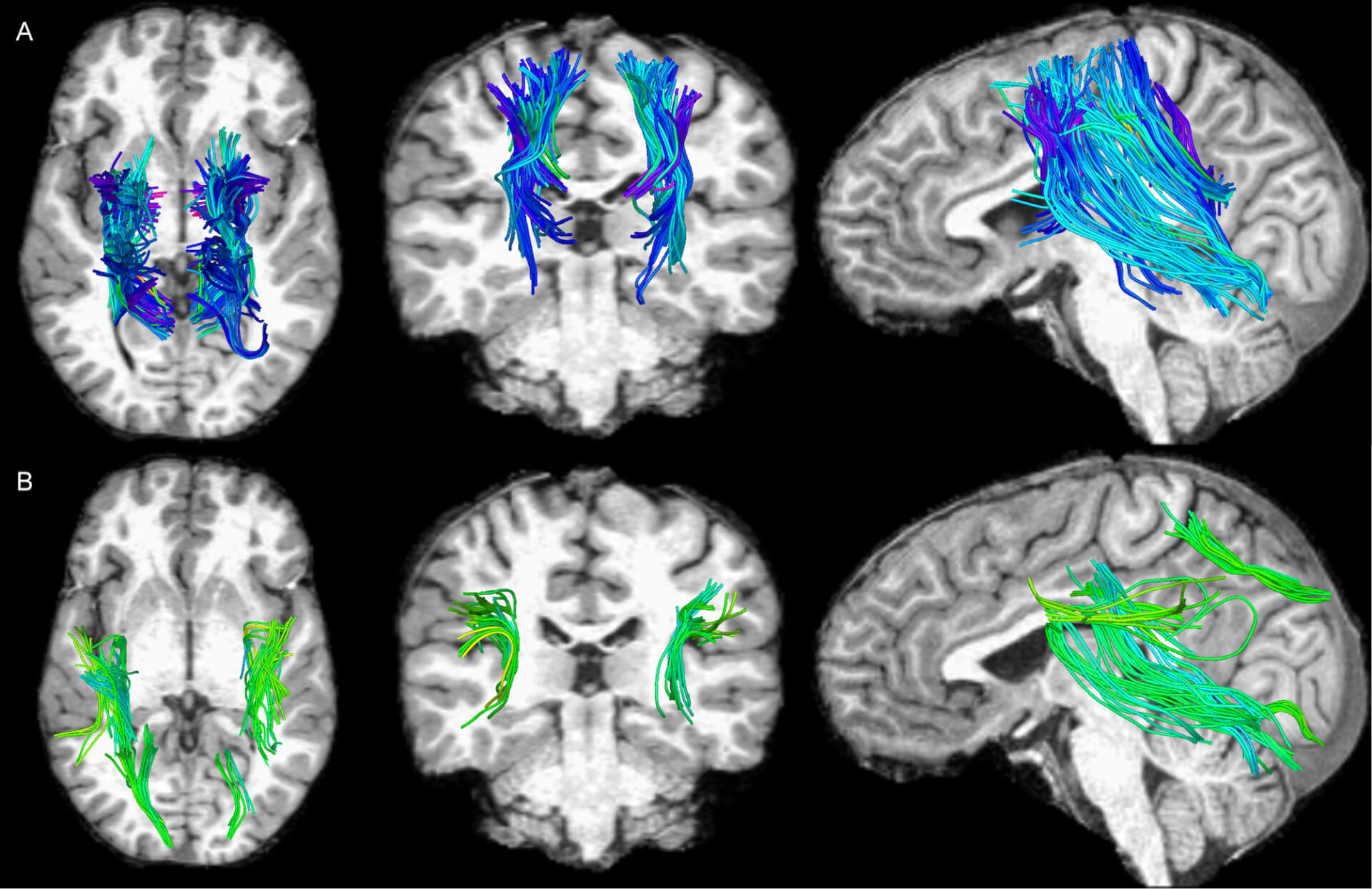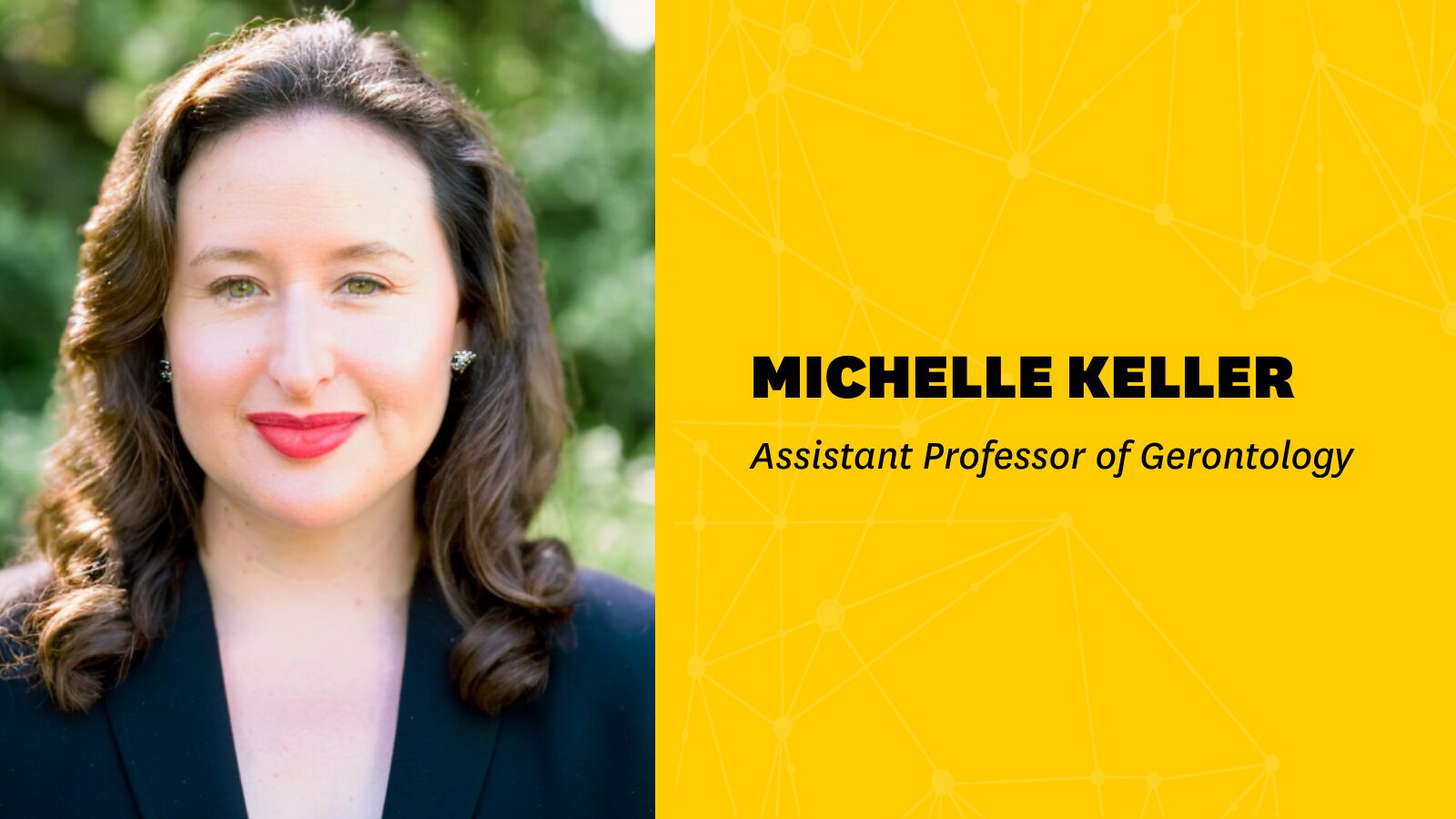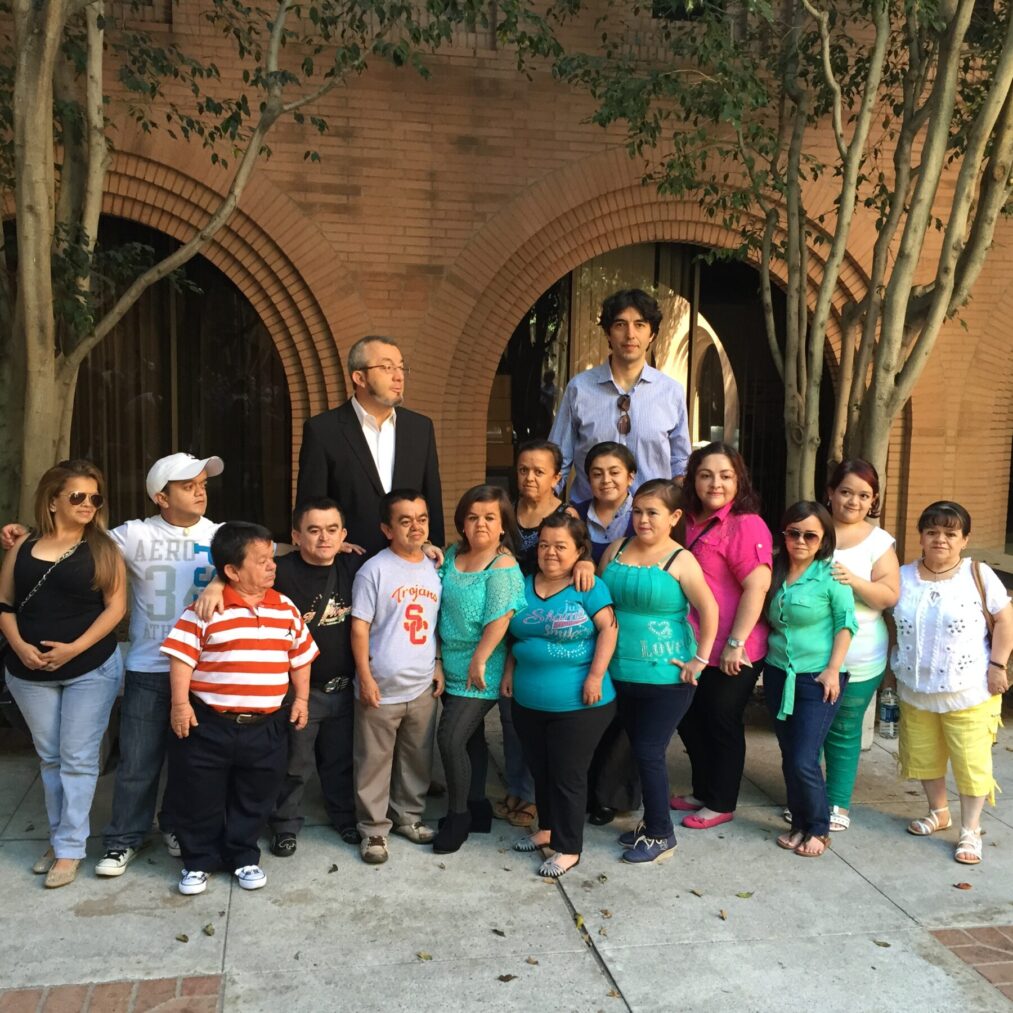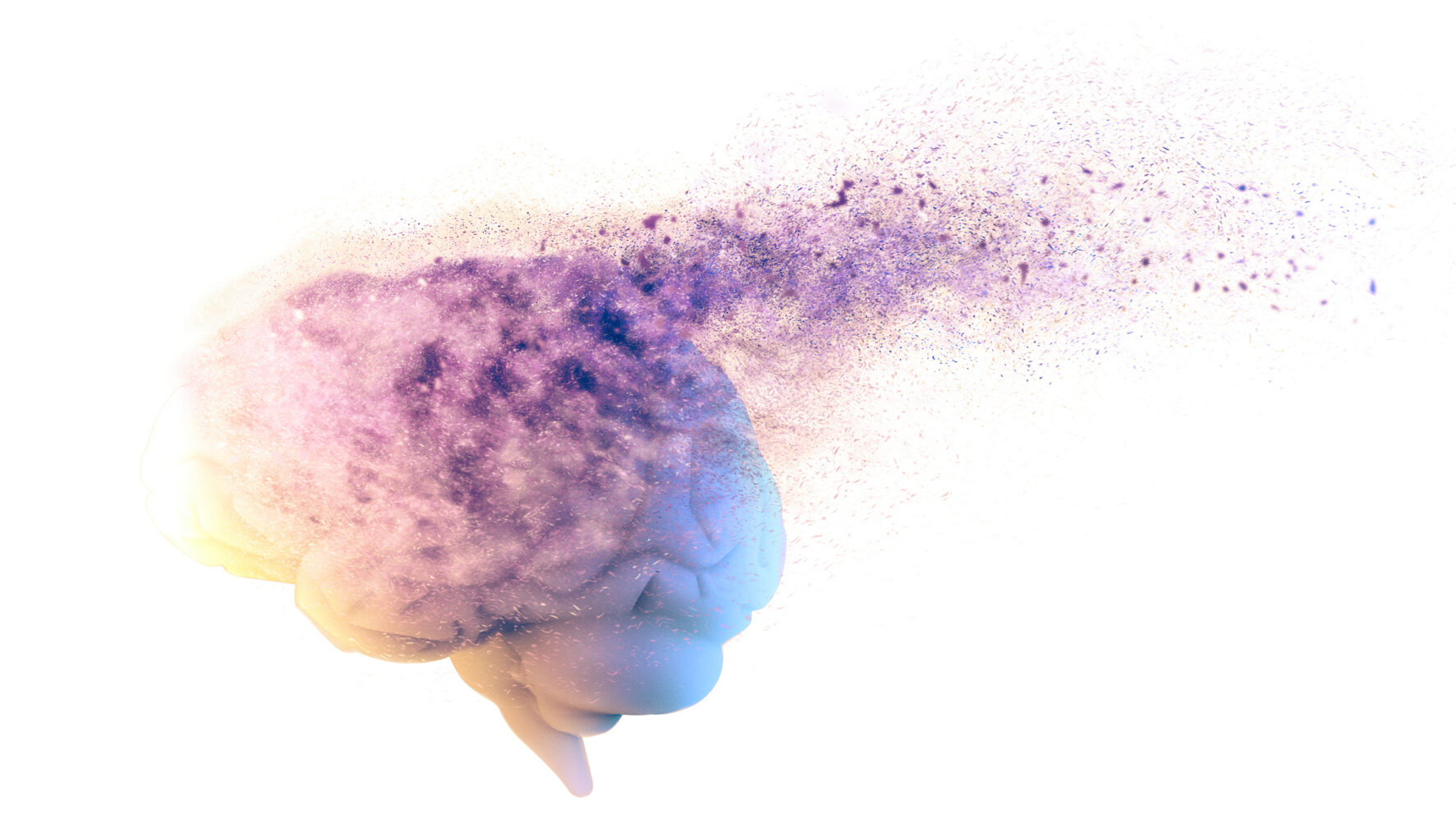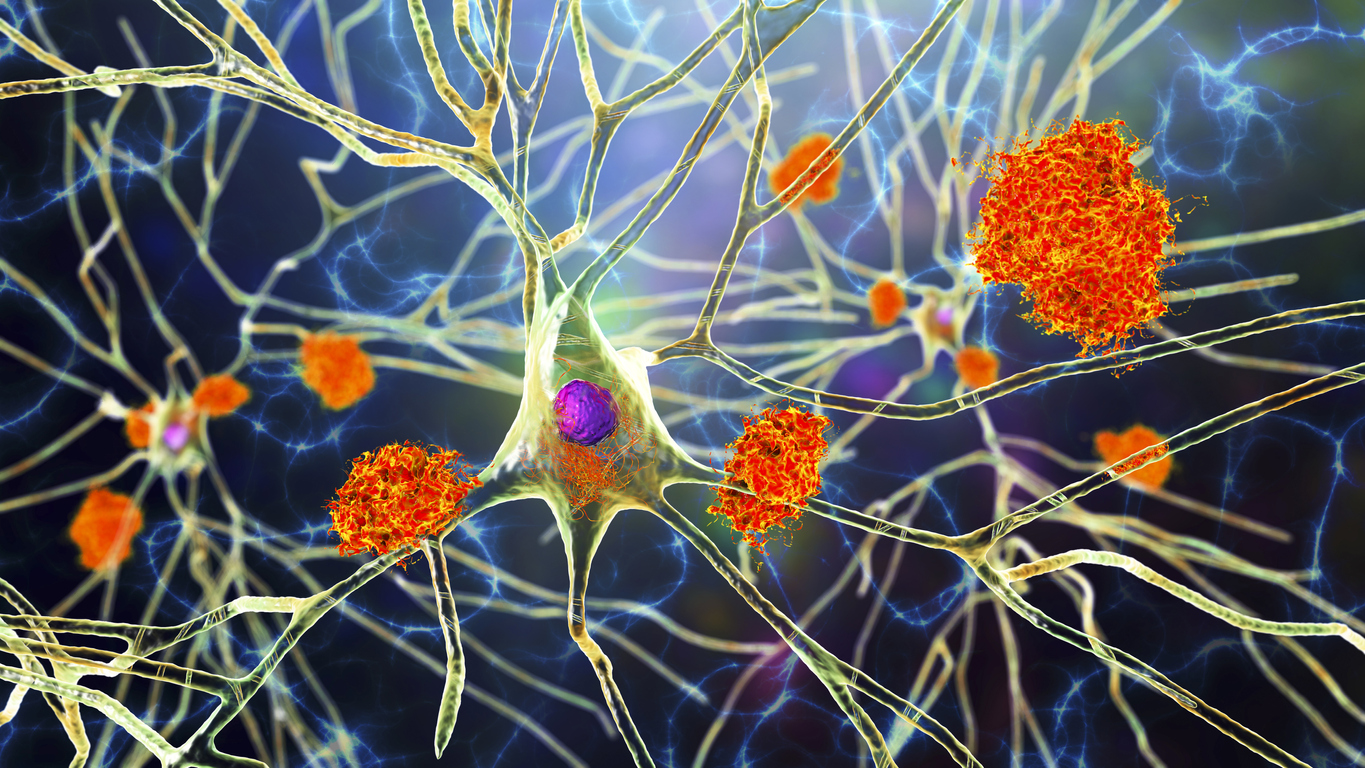Michelle Keller is an assistant professor of gerontology and the Leonard and Sophie Davis Early Career Chair in Minority Aging at the USC Leonard Davis School. She spoke to us about her research focused on improving patient-clinician communication, medication management, and the identification of dementia in minority older adults. Here…
Read More
